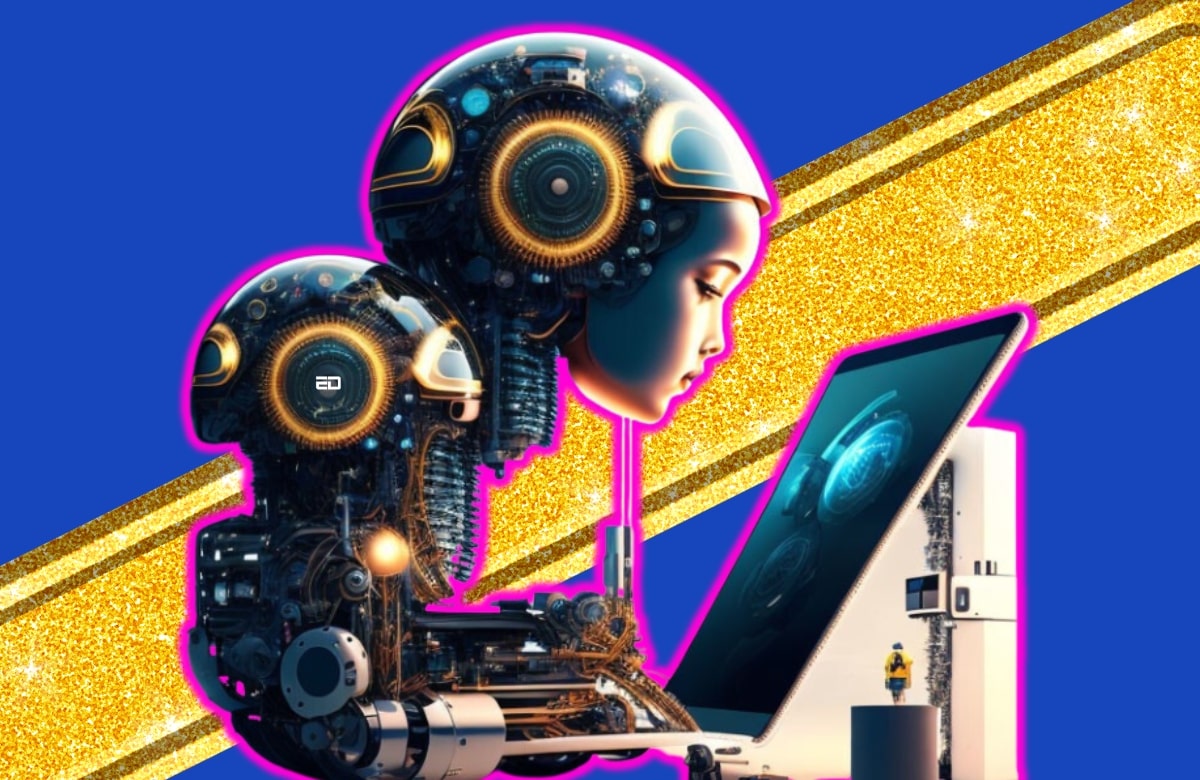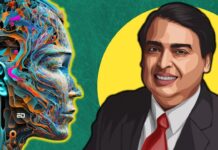Artificial Intelligence (AI), once confined to the realms of science fiction, has emerged as a groundbreaking reality that is reshaping our world. This transformative technology mimics human intelligence, enabling machines to analyze vast amounts of data, learn from patterns, and make informed decisions.
AI’s rise has unlocked a plethora of possibilities across various industries, revolutionizing everything from healthcare and transportation to finance and entertainment.
At its core, AI encompasses the development of intelligent systems that possess the ability to perceive, reason, and act in a manner resembling human intelligence. These systems leverage techniques such as machine learning, natural language processing, and computer vision to process and understand information.
With AI, machines can tackle complex tasks, automate processes, and offer valuable insights that were once beyond human capacity. From virtual personal assistants like Siri and Alexa to advanced autonomous vehicles, AI is enhancing our lives in unimaginable ways.
As AI continues to advance, its impact on society will be profound. Nonetheless, the advancement of AI will also contribute to some negative impacts. Let us take a look at what makes AI a dangerous tool.
Job Losses
AI poses a threat to entry-level jobs as it is much cheaper to invest in an artificial intelligence system periodically than spend money on training recruits regularly. In a country like India where 65% of the population is below the age of 35 and the masses are already dealing with unemployment issues, it is a grave concern.
It has been reported that 10 million jobs have to be generated every year to reduce the rate of said problem until 2030. The introduction of advanced AI will make many of these jobs redundant for humans.
Creativity Challenged
It had always been assumed that creative jobs would never be threatened by AI as only humans are capable of thinking outside the box. This no longer seems to hold true as several AI tools are now available which create art on the basis of input in a matter of seconds.
Read More: ChatGPT’s OpenAI Is Getting Sued For $3 Billion On Behalf Of The Internet
AI Consciousness
Blake Lemoine, a fired Google engineer, said that Google’s Large Language Model (LLM) was actually sentient. Google denied the claims but now Lemoine is back in AI discourse and is not just calling out Google. If AI is actually sentient or even if it is plausible for it to become so, there is the question of the trolley problem.
The trolley problem is a moral dilemma often used in ethics and philosophy to explore the complexities of ethical decision-making. It poses a hypothetical scenario where a person is faced with the choice of diverting a runaway trolley, which is about to kill five people on one track, onto another track where it would only kill one person. The dilemma arises from the question of whether it is morally justifiable to actively cause harm to one person to save five others.
The trolley problem is a very real possibility in the case of self-driven cars. In such a situation, who would actually be responsible for what the car does? Will it be the company that sold the cars or the engineers who programmed them or the person who owns them? Such moral dilemmas are yet to be hashed out.
AI Studies Slowed
Elon Musk and Yoshua Bengio, among other AI experts, have proposed the petition to slow down large AI studies and stop training models more potent than GPT-4. Up until this point, the open letter has gathered nearly 20,000 signatures.
The reason behind this is the fact that AI depends on machine learning and will inevitably take over human intelligence. Hence, the studies have been slowed until rules and regulations are in place concerning the limitations of AI.
Rules and Regulations
The European Union (EU) aims to regulate artificial intelligence (AI) as part of its digital strategy to create better circumstances for the creation and application of this ground-breaking technology.
Making sure that AI systems deployed in the EU are secure, open, traceable, non-discriminatory, and environmentally sustainable is a top concern for the Parliament. To avoid negative results, AI systems should be monitored by humans rather than by automation.
What are your concerns regarding AI? List them in the comments below.
Image Credits: Google Images
Feature Image designed by Saudamini Seth
Sources: Scientific American, India Today, Future of Life Institute
Find the blogger: Pragya Damani
This post is tagged under: AI, artificial intelligence, ai threat, ai job loss, creative ai, ai sentience
Disclaimer: We do not hold any right, copyright over any of the images used, these have been taken from Google. In case of credits or removal, the owner may kindly mail us.




































[…] Read More: Is It Time To Be Afraid Of AI? […]